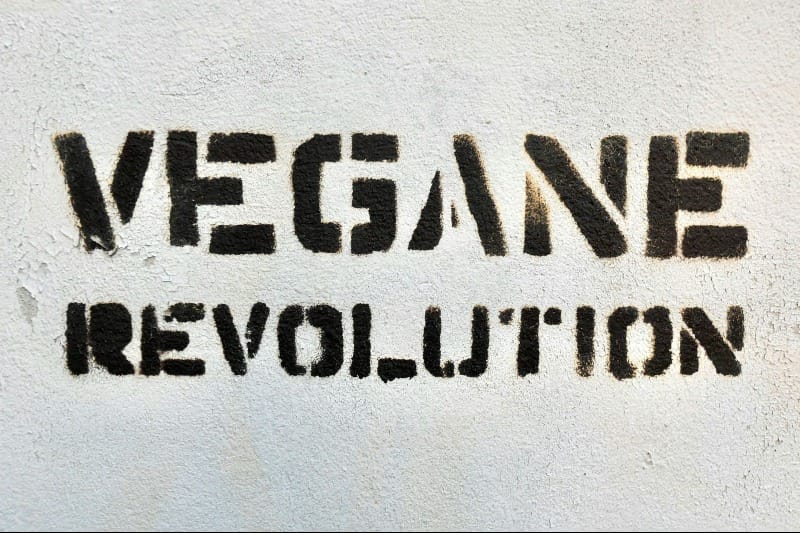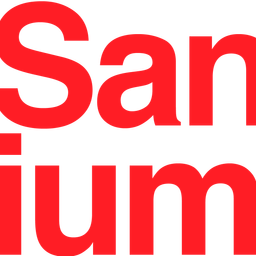Veganism has gained significant popularity in recent years, with many people adopting this plant-based lifestyle for ethical, environmental, and health reasons. However, a recent study has raised concerns about the potential nutritional deficiencies associated with a vegan diet. This article explores the pros and cons of veganism, focusing on its impact on overall health and the risk of nutrient deficiencies.
Key Takeaways:
- Vegan diets can offer health benefits, including improved gut health and reduced inflammation.
- However, vegans are at higher risk of deficiencies in certain nutrients, such as protein, vitamin B12, vitamin D, calcium, and zinc.
- Careful planning and supplementation may be necessary to maintain optimal health on a vegan diet.
- Consulting with a healthcare professional or registered dietitian is recommended for those considering or following a vegan lifestyle.
The Rise of Veganism
Veganism, a lifestyle that excludes all animal products from diet and daily life, has seen a surge in popularity over the past decade. Many people are drawn to this plant-based approach for various reasons, including ethical concerns about animal welfare, environmental sustainability, and potential health benefits. However, as with any restrictive diet, it's crucial to understand both the advantages and potential risks associated with veganism.

Potential Health Benefits of a Vegan Diet
A well-planned vegan diet can offer several health benefits:
- Improved Gut Health: Vegan diets are typically rich in fiber, which promotes a healthy gut microbiome[6].
- Reduced Inflammation: Plant-based diets are often associated with lower levels of inflammation in the body[6].
- Heart Health: Vegan diets may lower the risk of heart disease by reducing cholesterol levels and blood pressure.
- Weight Management: Many people find it easier to maintain a healthy weight on a plant-based diet.
- Environmental Impact: Choosing plant-based foods can significantly reduce an individual's carbon footprint.
Nutrient Concerns in Vegan Diets
While vegan diets can be nutritious, they also come with potential risks of nutrient deficiencies. Recent studies have highlighted several key nutrients that vegans need to pay special attention to:
Protein
Protein is essential for muscle growth, immunity, metabolism, and weight management. While plant-based proteins exist, they may not be as complete or easily absorbed as animal proteins[6]. Vegans should focus on consuming a variety of protein sources, including:
- Legumes (beans, lentils, chickpeas)
- Tofu and tempeh
- Quinoa
- Nuts and seeds
- Plant-based protein powders
Vitamin B12
Vitamin B12 is crucial for nerve function and the formation of red blood cells. It's primarily found in animal products, making it a common deficiency among vegans[2][3]. Supplementation or consumption of fortified foods is often necessary for vegans to meet their B12 needs.
Vitamin D
Vitamin D is essential for bone health and immune function. While it can be obtained through sunlight exposure, many people, especially those in northern latitudes, may need supplementation. Vegan sources of vitamin D are limited, making it another nutrient of concern[3][4].
Calcium
Calcium is vital for strong bones and teeth. While some plant foods contain calcium, the bioavailability may be lower compared to dairy sources. Vegans should include calcium-rich plant foods like leafy greens, fortified plant milks, and calcium-set tofu in their diets[3][4].
Zinc
Zinc plays a crucial role in immune function and wound healing. Plant sources of zinc may be less bioavailable than animal sources, potentially putting vegans at risk for deficiency[3][5].
Iron
Iron is essential for oxygen transport in the blood. While plant-based iron (non-heme iron) is available in foods like leafy greens and legumes, it's not as easily absorbed as the heme iron found in animal products. Vegans may need to consume more iron-rich foods or consider supplementation[3][5].
Omega-3 Fatty Acids
Long-chain omega-3 fatty acids, particularly DHA and EPA, are important for brain and heart health. These are primarily found in fatty fish, making them challenging to obtain on a vegan diet. While plant sources like flaxseeds and walnuts contain ALA (a precursor to DHA and EPA), the conversion rate in the body is low[2][3].
Strategies for a Balanced Vegan Diet
To minimize the risk of nutrient deficiencies while following a vegan diet, consider these strategies:
- Diversify Your Diet: Eat a wide variety of plant-based foods to ensure you're getting a broad spectrum of nutrients.
- Focus on Nutrient-Dense Foods: Include plenty of whole grains, legumes, nuts, seeds, fruits, and vegetables in your meals.
- Consider Fortified Foods: Look for plant-based milk, cereals, and other products fortified with vitamins B12, D, and calcium.
- Supplement Wisely: Consult with a healthcare professional about appropriate supplementation, especially for vitamins B12 and D, and omega-3 fatty acids.
- Plan Your Meals: Take time to plan balanced meals that include a variety of nutrients.
- Stay Informed: Keep up-to-date with the latest nutritional research and recommendations for vegan diets.
- Regular Health Check-ups: Monitor your health through regular check-ups and blood tests to catch any potential deficiencies early.
The Importance of Personalized Nutrition
It's crucial to remember that nutritional needs can vary greatly from person to person. Factors such as age, gender, activity level, and overall health status can all influence an individual's nutrient requirements. What works for one person may not be suitable for another.
Conclusion: Is Veganism Wise?
The question of whether veganism is wise doesn't have a one-size-fits-all answer. For many people, a well-planned vegan diet can be healthy and nutritionally adequate. However, it requires careful attention to ensure all nutrient needs are met.
If you're considering adopting a vegan lifestyle, it's advisable to consult with a registered dietitian or healthcare professional. They can help you create a personalized plan that meets your nutritional needs while aligning with your ethical and environmental values.
Remember, the key to any healthy diet is balance, variety, and moderation. Whether you choose to follow a vegan diet or not, focusing on whole, nutrient-dense foods and staying informed about your nutritional needs is crucial for maintaining optimal health.















Member discussion